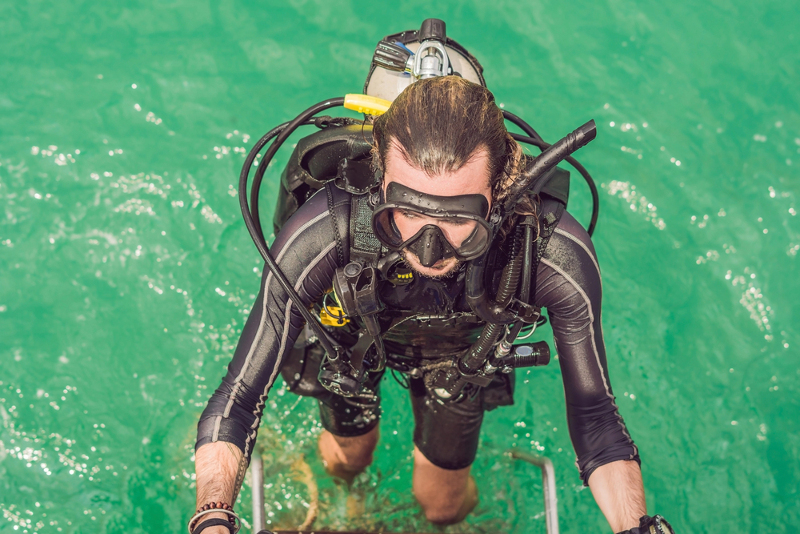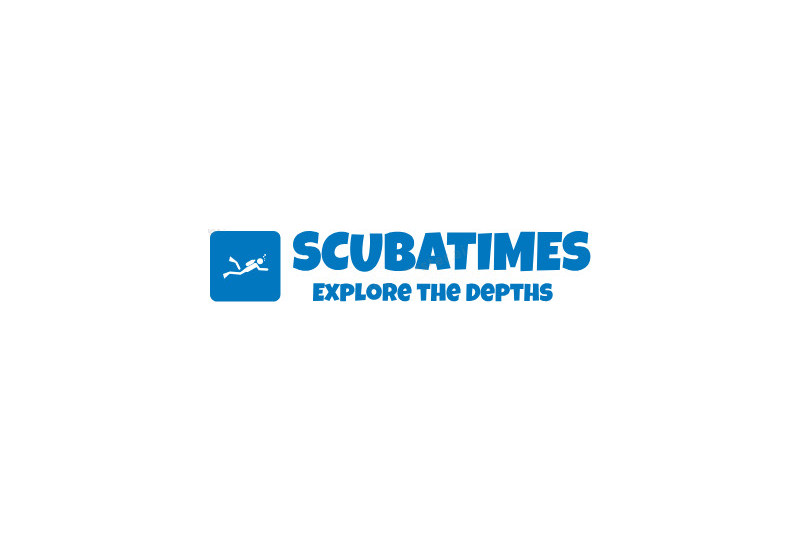Diving opens up an amazing underwater world, but it can also lead to a bothersome issue known as “diver’s nose”—a post-dive nasal reaction that many divers experience. While a runny nose may seem minor on land, it can present challenges for divers, affecting their safety and enjoyment. Understanding the body’s responses to pressure changes, temperature shifts, and exposure to saltwater helps explain this common issue. Solutions include preventive measures and effective management techniques.
Key Takeaways
- Saltwater can irritate the nasal passages during underwater activities, leading to increased mucus and a runny nose that may persist for several hours.
- Changes in pressure while submerged can push water into the sinuses, resulting in nasal drainage and congestion after the dive.
- Applying saline nasal sprays before and after being underwater can help prevent and alleviate symptoms associated with a runny nose.
- Exposure to cold water causes blood vessels in the nose to constrict and then expand, which can lead to more nasal secretions.
- A diving mask that doesn’t fit well may allow water to enter the nose, causing irritation and excess mucus production.
What Causes Diver’s Nose
Diver’s nose refers to a runny nose that occurs when saltwater enters the nasal passages during a dive, irritating the sensitive membranes. This condition is exacerbated by pressure changes that happen during descent and ascent, pushing water into the sinuses and nasal cavities, which triggers the body’s defense mechanisms.
Cold water exposure causes blood vessels in the nose to narrow, then widen when returning to warmer temperatures. The pressure differences between the underwater environment and the air spaces in the sinuses can lead to inflammation. Additionally, saltwater irritates the nasal passages, leading to excess mucus production as the body tries to eliminate the irritant.
The fit of the diving mask is also important. A mask that doesn’t fit well can let water in around the nose, while one that is too tight may create pressure points, contributing to nasal congestion. These factors, along with the body’s natural responses to temperature and pressure, create a favorable environment for developing diver’s nose.

Common Symptoms and Signs
Divers experiencing post-dive rhinitis often show several noticeable symptoms. The most common sign is a runny nose, which can be clear and watery or thick and mucus-like. Many divers find themselves sniffling frequently and needing to blow their nose for several hours after a dive.
Nasal congestion often occurs alongside the runny nose, making it hard to breathe through the nostrils. Divers may feel pressure or discomfort in their face, particularly around the sinuses and nose. Some individuals may also experience a mild burning sensation in their nasal passages, lasting up to 24 hours after diving.
Additional symptoms can include occasional sneezing, throat irritation, and a general feeling of nasal fullness. Some divers notice their voice sounds different due to congestion, similar to having a slight cold. These symptoms usually resolve on their own within a day, although the duration can vary based on factors such as dive depth, water temperature, and individual sensitivity to pressure changes.
Prevention Methods
Several effective prevention methods can help reduce the risk of post-dive rhinitis and its symptoms. Ensuring that diving gear, especially the mask, fits well is important to prevent water from entering the nasal passages. Divers should check that their mask forms a complete seal and stays secure during the dive.
Regular upkeep of diving gear, including cleaning and disinfecting regulators and masks, helps limit exposure to irritants and bacteria that may cause nasal issues. Using a neoprene mask strap cover can prevent hair from getting caught and improve mask stability, which leads to fewer leaks.
Additional preventive steps include using saline nasal sprays before and after diving to keep nasal passages moist, practicing proper equalization techniques while descending and ascending, and avoiding diving when feeling unwell. Some divers find that applying a thin layer of petroleum jelly around the mask seal can enhance water resistance. Staying well-hydrated before and after diving also supports healthy nasal function, reducing the chance of post-dive irritation.
Treatment Options
When experiencing nasal symptoms after diving, there are several effective treatment options to consider. Over-the-counter saline nasal sprays can help wash away irritants and saltwater. Decongestant sprays with oxymetazoline offer temporary relief, but should not be used for more than three days to prevent rebound congestion.
For quick relief, gentle nose blowing and staying hydrated can aid in clearing nasal passages. A warm shower can help loosen mucus and reduce inflammation, while a warm compress on the face may alleviate sinus pressure. Some individuals find steam inhalation with essential oils like eucalyptus or peppermint beneficial.
If symptoms last more than 48 hours or worsen, it’s wise to consult a healthcare provider. They may prescribe antihistamines or corticosteroid nasal sprays for persistent issues and evaluate if the symptoms could indicate a more serious condition, such as barotrauma or a sinus infection. Practicing safe diving techniques and maintaining equipment is also important while using these treatments.
Medical Considerations
A swimmer’s nasal symptoms after immersion can signal underlying health issues that may need medical attention. While a temporary runny nose is typical, ongoing symptoms could indicate more serious problems, such as pressure injuries, sinus infections, or structural issues that impact equalization.
Divers should get medical advice if they experience intense pain, congestion lasting over 48 hours, or blood in their nasal discharge. Those with existing conditions like allergies, a deviated septum, or chronic sinus issues should consult specialists in diving medicine before continuing their diving activities. Healthcare providers can conduct tests to evaluate sinus health and determine if they are fit to dive.
Certain medications for nasal symptoms can impact diving safety. Decongestants may provide temporary relief but can wear off during a dive, leading to potential reverse block issues. Additionally, some antihistamines can cause drowsiness, which can be unsafe while diving. Medical clearance is especially important for divers with recurring symptoms, as underlying conditions may need treatment or adjustments to diving practices to avoid complications.
Impact on Diving Performance
Nasal congestion and a runny nose can hinder a swimmer’s ability to equalize pressure and stay aware underwater. Excess mucus can block the Eustachian tubes, making it challenging to equalize ear pressure, which may lead to discomfort or necessitate ending a dive early.
Divers dealing with post-dive nasal drainage often find it difficult to clear their masks, as the ongoing drainage disrupts the seal between the mask and face. This can also affect breathing through the regulator, potentially increasing air usage and reducing dive time. Additionally, the distraction of managing a runny nose can divert attention from essential tasks like monitoring depth, time, and air supply.
To enhance diving performance, affected divers might consider using decongestants before their dives, ensuring a proper mask fit, and learning alternative pressure equalization methods. However, it’s important to note that some medications may not be suitable for diving, so consulting a diving medical professional is recommended for developing an effective management plan.
Long-Term Management Strategies
Managing nasal symptoms after submersion requires effective long-term strategies that go beyond quick fixes. Divers can adopt preventive measures and lifestyle changes to reduce recurrent nasal problems and support respiratory health for future outings.
| Strategy | Implementation | Benefits |
|---|---|---|
| Gear Fit | Regularly check and size masks properly | Minimizes water entry and discomfort |
| Pre-dive Preparation | Use nasal decongestants 30 minutes prior to diving | Helps prevent sinus issues |
| Post-dive Care | Rinse nasal passages with saline solution | Clears out irritants and salt |
| Environmental Awareness | Keep track of water temperature and conditions | Lessens the impact of cold water |
| Medical Check-ups | Schedule routine visits with a diving doctor | Detects potential health issues |
Experienced divers often create tailored plans based on their individual sensitivities. Important aspects include staying hydrated, using suitable gear for different water temperatures, and recording symptoms in a dive log. Additionally, practicing sinus exercises and pressure equalization can enhance comfort and improve overall diving experiences.


